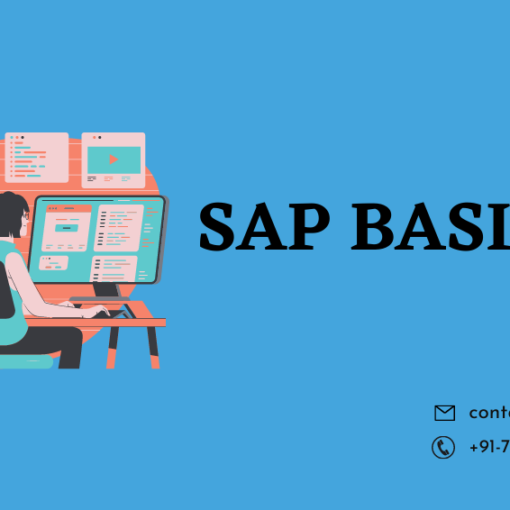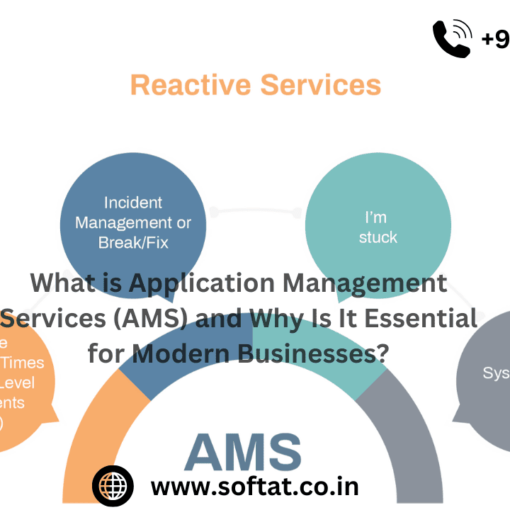In today’s data-driven world, organizations across various industries rely on robust analytics and business intelligence solutions to extract valuable insights and make informed decisions. One such powerful tool gaining significant attention is SAP SAC (SAP Analytics Cloud). SAP SAC is a cloud-based analytics platform that seamlessly combines data visualization, advanced analytics, and planning capabilities. In this blog, we will explore the key features, benefits, and potential applications of SAP SAC, highlighting its potential to revolutionize data analytics and drive business success.
Unifying Data and Visualization of SAP SAC:
SAP SAC serves as a centralized hub that brings together data from various sources, such as on-premises databases, cloud systems, and external applications. This unified approach eliminates the need for multiple tools and simplifies the data preparation process. Users can easily connect to different data sources, blend data sets, and create comprehensive visualizations, including charts, graphs, and interactive dashboards. The intuitive drag-and-drop interface allows business users to effortlessly explore and analyze data without relying on IT or data experts, promoting self-service analytics.
Advanced Analytics and Predictive Insights of SAP SAC :
SAP SAC goes beyond traditional reporting and offers advanced analytics capabilities, enabling users to derive deeper insights from their data. With built-in algorithms and statistical functions, users can perform complex calculations, conduct predictive analyses, and uncover hidden patterns and trends. The platform supports machine learning algorithms, empowering organizations to leverage predictive insights for forecasting, anomaly detection, and optimization. These advanced analytics features empower decision-makers to make proactive decisions, identify growth opportunities, and mitigate risks effectively.
Collaborative Planning and Budgeting in SAC:
It integrates robust planning and budgeting functionalities, allowing organizations to streamline their financial processes. The platform offers collaborative planning capabilities, enabling teams to work together in real-time, share insights, and align their goals. Users can create planning models, allocate resources, and monitor progress through interactive planning boards and scorecards. The ability to link planning models to actuals and perform variance analysis ensures accurate financial reporting and forecasting.
Mobile Accessibility and Real-time Updates:
In today’s dynamic business environment, access to real-time data and analytics on the go is crucial. SAP SAC offers a mobile app that allows users to view and interact with dashboards, reports, and planning models from their smartphones or tablets. Whether in the office or on the move, decision-makers can stay connected and make data-driven decisions anytime, anywhere. Real-time updates ensure that users are always working with the most current data, enhancing agility and responsiveness.
Integration with SAP Ecosystem:
SAP SAC seamlessly integrates with other SAP solutions, such as SAP S/4HANA, SAP BW/4HANA, and SAP Data Warehouse Cloud. This integration enables organizations to leverage their existing SAP investments and combine data from various SAP systems to gain a comprehensive view of their business. By accessing real-time data directly from these systems, users can perform detailed analysis and leverage SAP SAC’s capabilities to uncover valuable insights and improve decision-making.
Conclusion:
SAP SAC is a powerful analytics platform that offers a wide range of features, from data integration and visualization to advanced analytics and collaborative planning. Its cloud-based nature ensures scalability, flexibility, and accessibility, making it an ideal choice for organizations of all sizes. By leveraging SAP SAC, businesses can harness the power of data to drive growth, optimize operations, and stay ahead in a competitive landscape. As the world continues to generate vast amounts of data, SAP SAC stands as a game-changing tool that revolutionizes data analytics and business intelligence, empowering organizations to make smarter, data-driven decisions.





